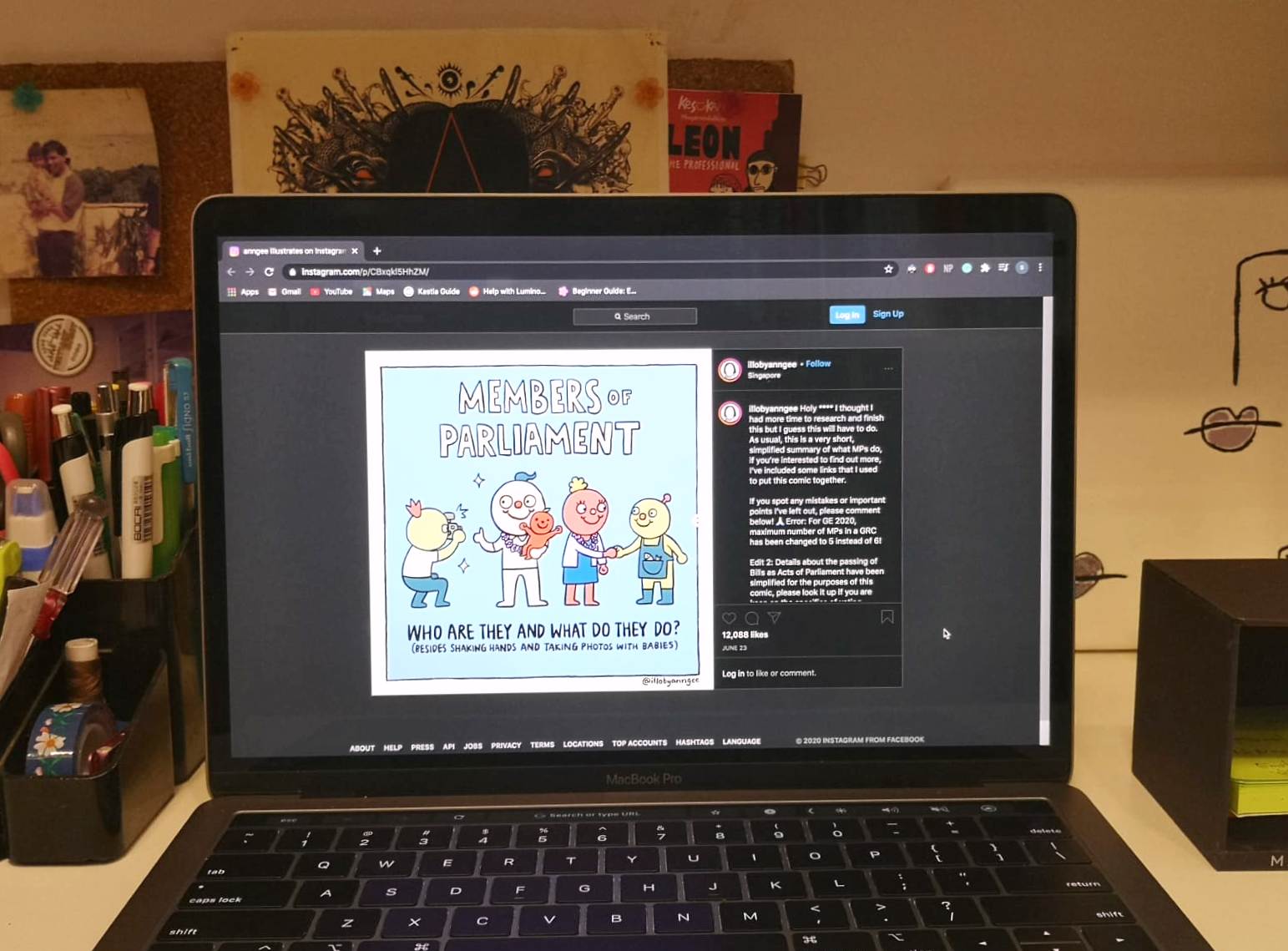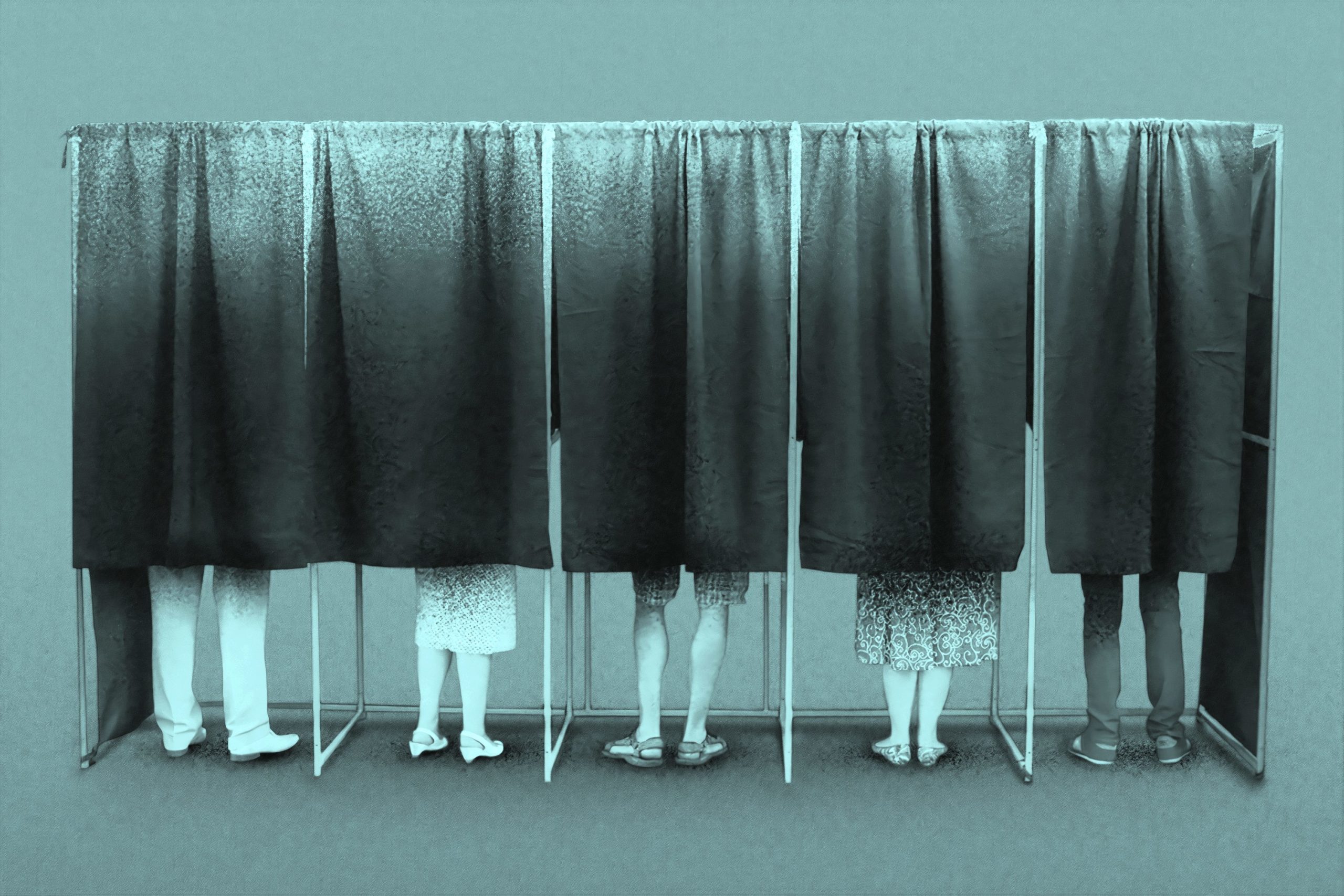-
Advocacy Theme
-
Tags
- Abortion
- Adoption
- Caregiving
- CEDAW
- Disability
- Domestic Violence
- Domestic Workers
- Harassment
- Healthcare
- Housing
- International/Regional Work
- Maintenance
- Media
- Migrant Spouses
- Migrant Workers
- Muslim Law
- National budget
- Parental Leave
- Parenthood
- Polygamy
- Population
- Race and religion
- Sexual Violence
- Sexuality Education
- Single Parents
- Social Support
- Sterilisation
- Women's Charter
GE2020: What being a first-time voter means to me
July 8th, 2020 | News, Views, Your Stories
by an AWARE intern, age 24
“Nothing’s going to change anyway, so why bother?”
That was my overall approach to Singaporean politics for a lot of my life. Though my training as a History undergraduate made it second nature for me to question the status quo, it never struck me that I could make any tangible change as a citizen. Being raised in a politically apathetic family, too, left me clueless about my options—like, were there even options?
It was not until recently, when an onslaught of election-related memes and infographics appeared on my Instagram feed, that I’ve felt empowered to join the conversations about our parliamentary representation. Belonging to a female, Indian minority, I now feel the urgency of exercising my political rights more than ever.
The Gen Zs are finally eligible to vote, the online playing field has made the upcoming elections unpredictable and exciting, and I am living for it.
How the internet has changed the game
Social media has been pivotal in directing me to resources that have helped me understand the stakes of this election. I find that reading the manifestos of each party is a good place to start.
This election, I’ve witnessed vibrant debate about the nature of a democratic society because of the space that the internet has given us. Now that the social media generation has entered the chat, we have more opportunities to access and engage with alternative voices. Because of this, I feel an immense responsibility as a citizen to look outside my comfort zone (beyond simple “vote for the economy” rhetoric) and think about how to best combat the inequalities around me.
Living in the midst of the COVID-19 pandemic, especially, has brought many vulnerable communities to light for me. Examples of disturbing inequalities include the lack of protections and rights accorded to migrant spouses and migrant domestic workers, the drastic rise in cases of domestic violence, discriminatory policies against the LGBTQAI communities and single mothers, continued reports of sexual violence, and more. I want the policies proposed by representatives of my constituency to reflect a sense of urgency in tackling these issues.

Representation and diversity
In this General Election, the importance of a more gender-equal parliament has been a point of discussion. Although women remain a minority in Singapore politics, efforts to tackle gender-based discrimination are increasingly prevalent in the manifestos of political parties this GE.
I believe there is a need for female leaders familiar with vulnerable communities, like the ones mentioned above, to be part of our country’s decision-making processes. I think that will help us lessen the effects of COVID-19 on women more effectively. Across the world, there’s an emerging consensus that although coronavirus is much more fatal to men than women, it’s women who are more susceptible to COVID-19’s social and economic toll. In addition to the rise in domestic violence, the increasing burden of family care is another example of the pandemic’s disproportionate penalties for women.
Some of the female newcomers I find promising are:
- Workers’ Party’s Raeesah Khan, an activist and founder of Reyna Movement, an organisation which aims to empower marginalised women and children
- Red Dot United’s Liyana Dhamirah, who authored a book about homelessness and is the founder of Virtual Assistance Singapore, a company that provides administrative support to businesses
- People’s Action Party’s Carrie Tan, the executive director of Daughters of Tomorrow, a charity that helps low-income women.
These are competent and diverse women who have a background in civil activism, and the propensity to push for more inclusive, less discriminatory policies in support of vulnerable women. There is definitely more space for progress, but this is a start, and I would like the chance to see what these women bring to the table.
The importance of differing perspectives
While progressive ideas are being shared on Instagram Story after Instagram Story, on the other side of the spectrum, I’ve seen criticism of youth “voting the opposition for the sake of it.” Such claims feel disempowering and dismissive of young people’s efforts to participate in democracy.
This division is most evident now in the online response to the investigation of Workers’ Party candidate Raeesah Khan for comments that allegedly promote enmity between different racial and religious groups. My news feed is split between youths who are angry that a minority woman risks losing her candidacy, and others who believe that Raeesah’s comments did cross a line. Either way, social media has provided me the space to discuss the nuances of systemic racism, and I hope that Parliament will be a similarly open ground for debate and disagreement.
This coming election, I will be voting for the changes that I want to see in this country. To quote Angela Davis, “I am no longer accepting the things I cannot change. I am changing the things I cannot accept.”
AWARE does not engage in partisan politics or endorse any political party in Singapore.




